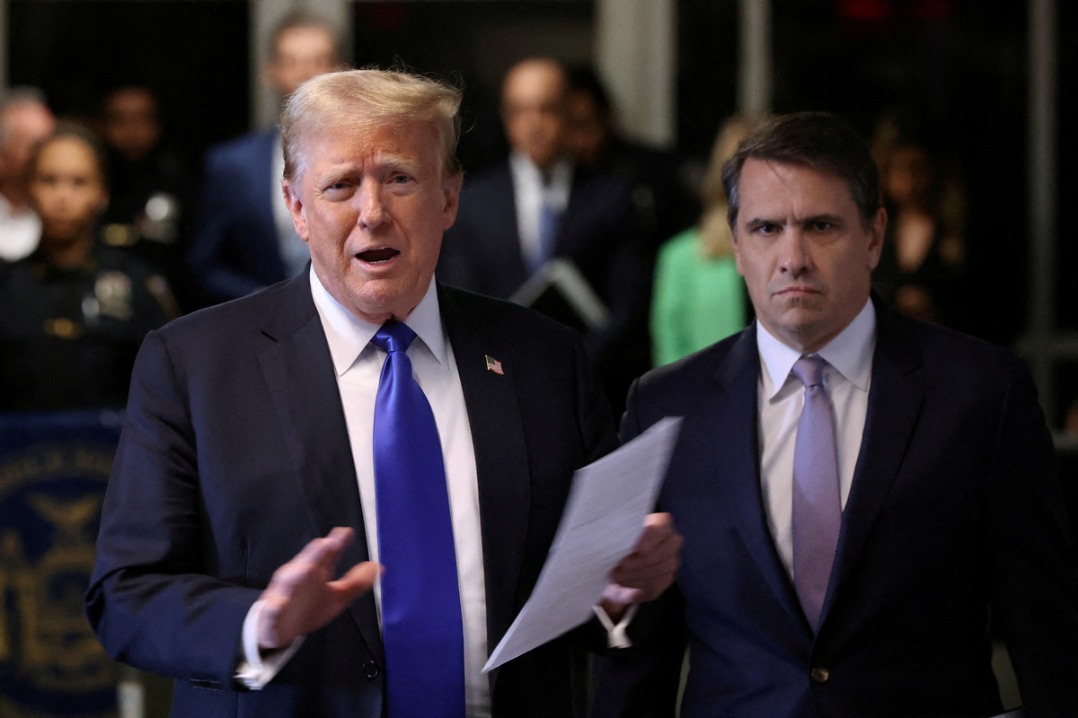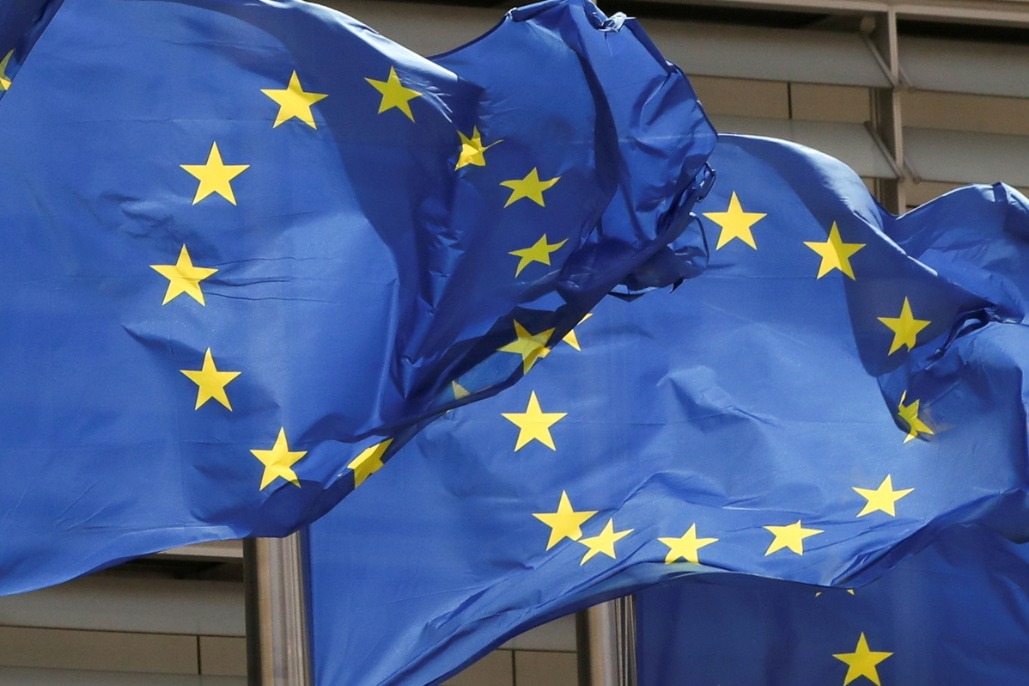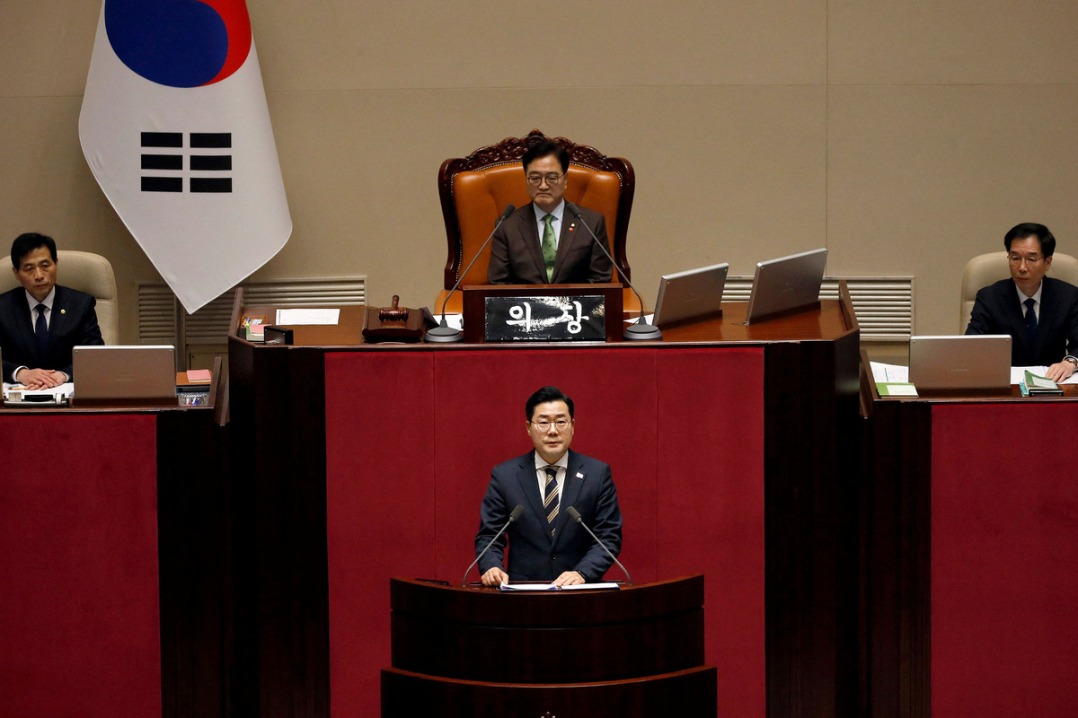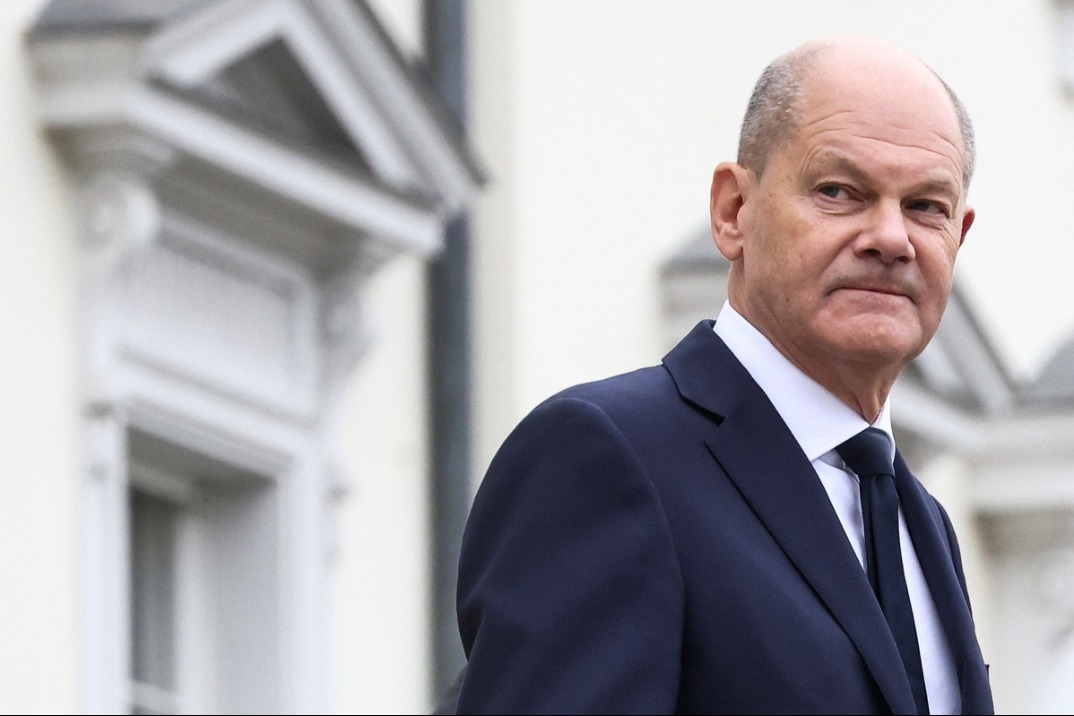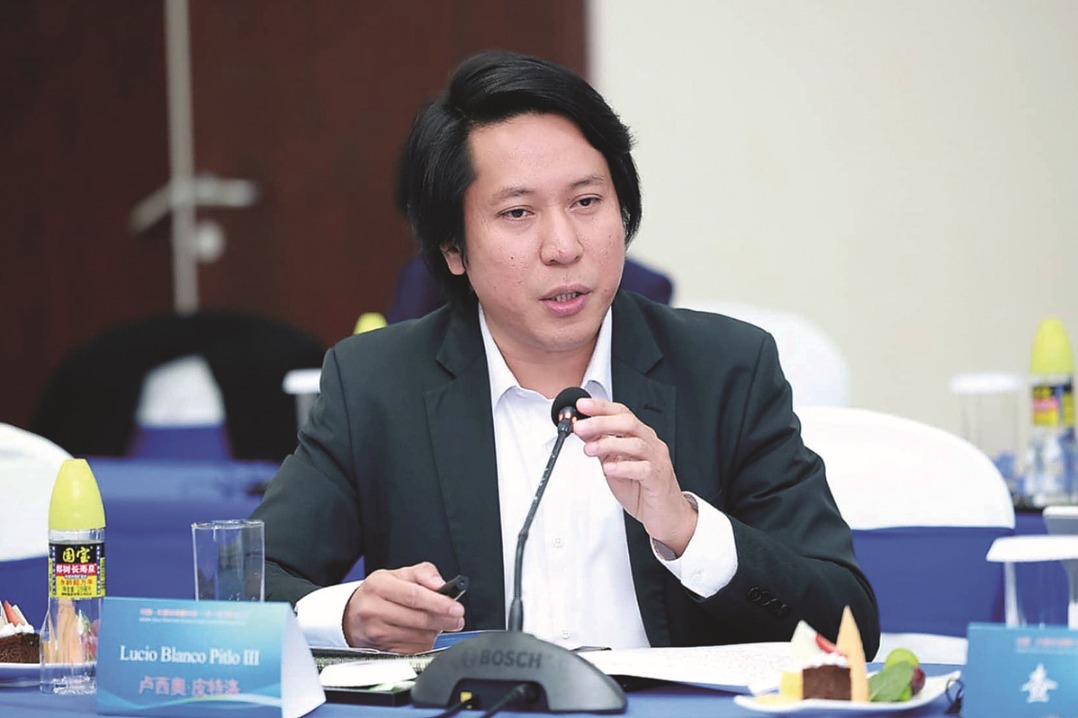Japan enacts supplementary budget, approves bill to abolish policy activity funds

The fiscal 2024 supplementary budget, designed to support the Japanese government's economic measures, was approved and enacted on Tuesday during a plenary session of the House of Councillors, the upper house of Japan's national legislature.
The total general account expenditure stands at 13.94 trillion yen ($90.6 billion), surpassing the 13.2 trillion yen allocated in the previous fiscal year. Nearly half of the funding — 6.69 trillion yen — will be covered through the issuance of additional government bonds.
Supplementary budgets are intended to cover expenditures of particular urgency that arise after the initial budget is formulated. This year's budget allocates 826.8 billion yen to defense-related expenses, including 336.9 billion yen for the early procurement of Self-Defense Forces aircraft and ammunition, as well as 330.7 billion yen for the realignment of US forces stationed in Japan. Nonetheless, questions have been raised about whether these issues genuinely require funding through a supplementary budget, The Asahi Shimbun reported.
Also on Tuesday, three political reform bills, including one to abolish policy activity funds, were approved in a special committee of Japan's lower house with majority support. The bills are expected to pass the plenary session of the lower house later on the same day before being sent to the upper house.
Policy activity funds, provided by political parties to individual politicians, required the distributing party to record the recipient's name, amount and date in its political funding report. However, the receiving politicians were not obligated to disclose how the funds were used, raising concerns over a lack of transparency. These tax-exempt funds have faced increasing criticism, prompting calls for their abolition.
Initially, the ruling Liberal Democratic Party, or LDP, proposed an amendment introducing a new category of expenditures called "innovative disclosure expenditures", which could remain undisclosed for reasons such as diplomatic confidentiality. However, during a meeting with the opposition Constitutional Democratic Party, or CDP, on Monday, the LDP agreed to remove this provision.
Instead, they chose to support a bill submitted by the CDP and six other opposition parties, resulting in the complete abolition of policy activity funds.
The LDP has faced heightened scrutiny since late 2023, following revelations that certain factions' underreport income from fundraising events to create slush funds. The party's position weakened further after losing its majority in the October general election for the lower house, leaving the LDP-Komeito coalition dependent on opposition support to pass legislation in the House of Representatives.
Japanese Prime Minister Shigeru Ishiba, also the president of the LDP, acknowledged the party's challenges while addressing the Upper House Budget Committee on Tuesday. Responding to questions about the removal of the innovative disclosure expenditures, he said as a minority ruling party, the LDP could not expect all its proposals to pass unchanged.
In a related development, the LDP and CDP endorsed a proposal to establish a third-party entity to oversee political funds. This initiative was proposed by Komeito, the LDP's junior coalition partner, and the opposition Democratic Party for the People.
With the extraordinary Diet session set to conclude next week, the ruling and opposition parties have agreed to defer their decision on the contentious issue of corporate and organizational donations until the end of March.
















